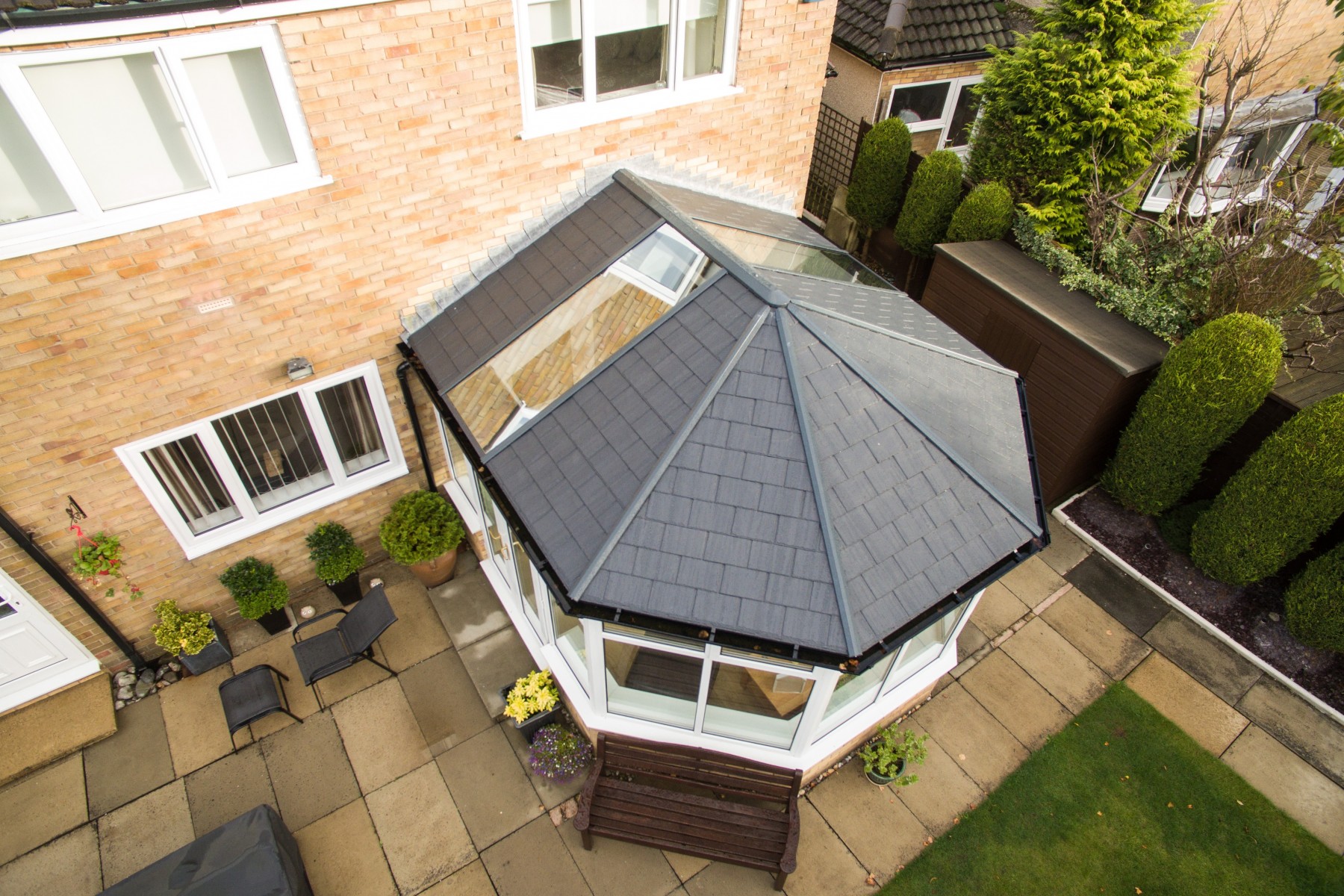
The lifespan of a roof depends largely on the materials used and how well it has been maintained. Common roofing materials in the UK include slate, tiles, and asphalt, each of which has a different lifespan. For instance, slate roofs can last up to 100 years if properly maintained, while tiles generally last between 25 and 50 years. Asphalt roofs are typically the least durable, with an expected lifespan of 20 to 30 years. Roofs become more vulnerable to weather damage as they age. Cracked or broken tiles, loose slates, and worn-out flashing can allow water to infiltrate the home, leading to leaks and water damage. Roof replacement is necessary when repairs are no longer sufficient to avoid further structural damage and future deterioration.
The material choice is crucial to the longevity and effectiveness of your new roof. Homeowners in the UK must not only consider the look of the roofing material but also how it performs in local weather conditions and whether it complies with regional building regulations. Slate is a popular choice for its durability and natural beauty, particularly in older buildings or those listed. Clay tiles offer a traditional look while offering excellent insulation. Modern options such as synthetic slate or lightweight composite tiles offer the appearance of traditional materials but with improved resilience and ease of installation. Green roofing solutions are also gaining popularity, especially in urban areas, for their environmental benefits and natural insulation. The right material will depend on budget, aesthetic preferences, structural load capacity, and environmental factors like wind exposure or moss growth.
Depending on factors such as the type of roof and materials used, its complexity, location, size, etc., the cost can vary greatly. A complete roof replacement for a three-bedroom standard semi-detached home can range between 5,000 to 12,000. The cost of labour is often a large part of this, while scaffolding and the removal and disposal waste also adds to it. This investment can be offset by an increase in property value or reduced maintenance costs. You should get at least 3 quotes from reputable roofing contractors. Make sure they belong to a NFRC or TrustMark member organisation. To protect themselves from delays or poor work, homeowners should also have written warranties, clear contracts and insurance. A quality roof can be expensive, but it will provide long-term security. To generate added details kindly look at https://www.roofadvisor.co.uk/how-much-does-a-roof-replacement-cost-in-the-uk/

Timing is also an important factor to consider when planning a roof replacement. The UK's weather can be unpredictable, and roofing work is best done during dry, mild months such as late spring or early autumn. The project can be scheduled during the best season to reduce the chance of being delayed by rain and storms. Homeowners should also consider how long the work will take, which typically ranges from a few days to a couple of weeks, depending on the complexity of the job. During the replacement process, there may be some disruption to daily life, including noise and temporary scaffolding. Preparation, including informing neighbors and making plans for small children or pets, will help reduce stress. Communication with your contractor is key to ensuring that expectations and timelines are clearly communicated.
A roof replacement project is an important one that will protect a house's structural integrity, increase its value and boost energy efficiency. UK homeowners must remain vigilant for signs of roof deterioration and act promptly to prevent further damage. Making informed choices is essential to achieve the best possible results. There are so many contractors and materials available. When planning your project, it's important to consider costs, schedules, and warranties. A well-executed replacement roof can bring peace of mind to homeowners for many years, whether it's for aesthetic reasons or because the problem has been present for a long time. Investing wisely, working with professionals and working on a property that is attractive and safe will ensure the home remains dry and appealing, regardless of unpredictable British weather.